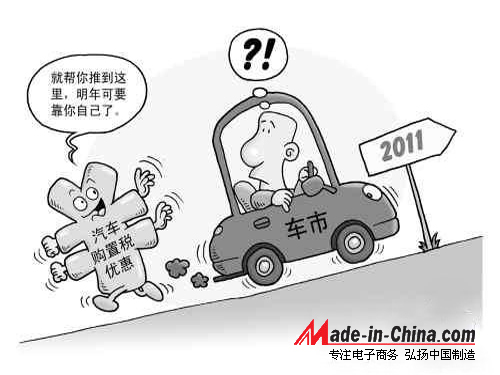The automobile purchase limit, the car shake number, the people of the capital express great pressure!
window screen,Aluminium Net For Windows,,Fiberglass Window Screen,Plastic Screens anping yaqi wire mesh co.,ltd , https://www.yaqiwire.com At the end of 2011, Beijing announced details of the implementation of the purchase restriction order, in which the allocation of vehicle metrics in a gratuitous manner was miserable for Beijing residents. Prior to this, many people were suffering from difficulties and could not afford to buy a car. After waiting for money this year, they had been unable to buy a car until the number was too long. Over the past six months since the implementation of the policy, the number of people participating in the car shakeup has continued to grow. Data show that: In January of this year, there were less than 190,000 applications for the first round of shakes, with a winning rate of about 1:10.6, and the just-concluded sixth round of shakes. There are nearly 600,000 applications, and the personal minimum success rate is about 1:33.6. In other words, for every 100 people applying, there are at least 9 people who signed in January, and in June there are less than 3 people who can win. The people of the capital said: The pressure is great!
At the end of 2011, Beijing announced details of the implementation of the purchase restriction order, in which the allocation of vehicle metrics in a gratuitous manner was miserable for Beijing residents. Prior to this, many people were suffering from difficulties and could not afford to buy a car. After waiting for money this year, they had been unable to buy a car until the number was too long. Over the past six months since the implementation of the policy, the number of people participating in the car shakeup has continued to grow. Data show that: In January of this year, there were less than 190,000 applications for the first round of shakes, with a winning rate of about 1:10.6, and the just-concluded sixth round of shakes. There are nearly 600,000 applications, and the personal minimum success rate is about 1:33.6. In other words, for every 100 people applying, there are at least 9 people who signed in January, and in June there are less than 3 people who can win. The people of the capital said: The pressure is great!
The original intention of the purchase restriction is to stop or relieve congestion. Of course, there are many options for managing urban traffic. For example, urban public transport facilities are optimized, but public transport, subway and other infrastructure construction periods are long, and urban planning and traffic management have high intellectual thresholds and human and material costs. In contrast, purchase restrictions are effective. From the beginning of the 2008 Beijing Olympic Games to the restricted line, to the maintenance and improvement of the line-limit policy after the Olympic Games, and finally to the introduction of the Yaohao policy, the government decision-making level is carefully considered. If we let the restriction policy withdraw from this, not only its decision-making intention behind it It will surely make a fuss, but also bear the big responsibility of "losing trust to the people."
But even so, the purchase restriction still brings many aftereffects: First, it drastically pushed up the price of used cars that do not use Yaohao, which increased the cost of ordinary people's car purchases; Second, the people finally rushed to favor high-end joint ventures and foreign cars. It is not conducive to the growth of self-owned brands and small-displacement vehicles, and is detrimental to the domestic auto industry and energy conservation and emission reduction. In the first half of the year, the sales of domestic self-owned brand vehicles decreased year-on-year, and some even experienced negative growth. If the purchase restriction continues, I am afraid that the independent brand will be difficult to maintain.
The root of governance is the rational road network planning, that is, "different roads take different cars." Whether it is to increase the cost of parking in the city or collect congestion fees; whether it is to change the positioning of urban functions, or to improve road design, road construction, traffic control, etc., it can be said that it can effectively alleviate traffic congestion. These measures are far more effective than crude purchase restrictions.
Looking at today's big cities in China, especially Beijing, Shanghai, and Guangzhou, car congestion has become a “caught illnessâ€. The government has done its best, and the purchase restriction policy may be the most important strike. The desire to achieve the goal of governance has been lingering in the heart and never giving up. At the same time, when the house evolved into a “luxury productâ€, the car has now become one of the hallmarks of the Chinese people in measuring the standard of living. The people of the country have been dreaming about family car for decades. If they are ruthlessly crushed, will they not be deterred? This is the dream of the Chinese people’s automobile and the development expectation of the auto industry. The end is urban traffic congestion, energy-saving strategies and environmental pressures. The government carefully looks for a balance between the two.